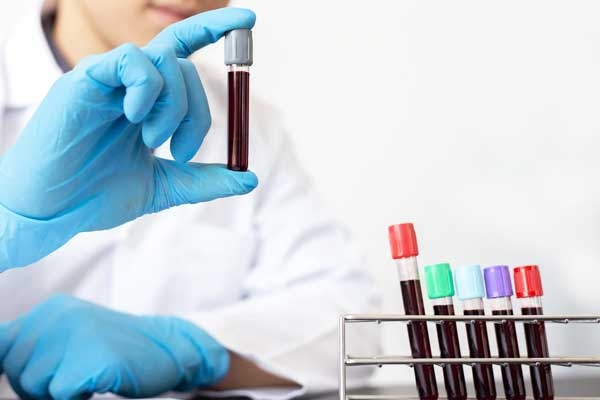
(Image source from: Canva.com)
Envision the possibility of identifying cancer or its recurrence without enduring invasive surgeries or procedures that cause pain. This is precisely what liquid biopsy delivers: an innovative breakthrough in cancer treatment, transforming a straightforward blood draw into a potent diagnostic instrument. Dr. Mandeep Singh Malhotra, the Chief Oncologist at CK Birla Hospital in West Punjabi Bagh, explains everything essential regarding this method:
What Is a Liquid Biopsy?
Historically, the process of diagnosing cancer required the surgical removal of a small tissue sample from a questionable mass or organ, known as a tissue biopsy. This conventional method often brings discomfort, potential risks, and sometimes necessitates anesthesia. In contrast, liquid biopsy simplifies this process significantly. It relies solely on a blood sample yet can yield profound information about the presence, recurrence, or likelihood of cancer development. This method identifies minute fragments of tumor DNA (ctDNA) or circulating tumor cells (CTCs) present in the bloodstream.
How Does It Work?
- Cancer cells shed DNA fragments into the bloodstream. A liquid biopsy can:
- Detect these fragments, even in minimal quantities
- Examine alterations in the DNA of normal cells, such as mutations in BRCA1/2 or TP53, which suggest an elevated risk for particular cancers
- Monitor immune system responses by identifying early changes in white blood cells (WBCs) that indicate a problem
- Essentially, liquid biopsy acts as an early warning system, enabling healthcare providers to observe cancer over time without invasive procedures.
Why Is It Useful?
Dr. Malhotra highlights several significant applications of liquid biopsy in modern medicine:
Monitoring and Surveillance: Following cancer treatment, liquid biopsy can assist in determining if the disease is resurfacing—sometimes even before it becomes evident in scans or physical examinations. This early detection empowers doctors to intervene promptly.
Personalized Treatment (Precision Oncology): The test can assess DNA and RNA to identify genetic irregularities driving the cancer. This information enables oncologists to formulate a customized treatment strategy, which may incorporate medications, nutritional supplements, or alternative therapies targeting the underlying cause.
Screening and Early Detection in Specific Circumstances: While liquid biopsy is not yet recommended for broad cancer screening, it is demonstrating remarkable efficacy in particular situations:
Uterine masses: For women with questionable growths in the uterus, liquid biopsy could clarify whether it is merely a fibroid or a more serious condition without invasive methods.
Oral lesions in smokers: If a tobacco user has a suspicious patch in the mouth, a blood test can identify cancerous DNA and influence treatment options.
Difficult-to-reach tumors: In cases where tumors are located in bones, the liver, or lungs, and traditional biopsy poses risks, liquid biopsy provides a safer alternative.
Patients hesitant about biopsies: Some individuals may decline biopsies due to fears of cancer spread during the procedure. In such scenarios, a blood test can confirm or negate the presence of cancer, helping avoid critical delays in treatment.
The Evolution of Cancer Identification: Ongoing studies indicate that liquid biopsy is an encouraging advancement in cancer treatment. This method is less intrusive, more user-friendly, and often provides critical, life-saving information precisely when it is needed. According to Dr. Malhotra, “Cancer originates from the body’s own cells malfunctioning. Liquid biopsy enables us to detect that error at an early stage—prior to it increasing in size to the point where it can be observed or felt.”







